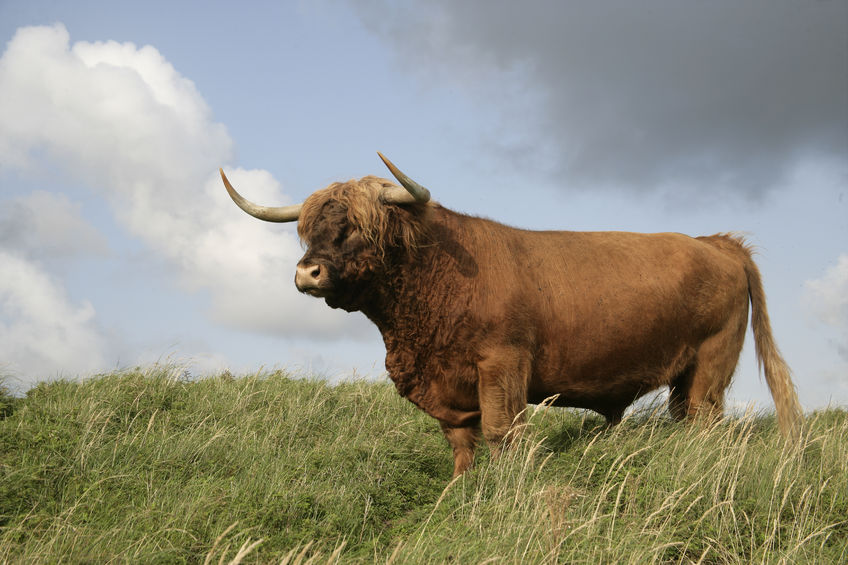
The beef industry has raised their concerns about the prospects for Scotland's dwindling suckler beef herd, highlighting how the Scotch beef supplies are "under threat".
The number of finished cattle passing through Scottish abattoirs has declined from more than 520,000 cattle in 2005 to under 400,000 in 2017, as part of what has been a long-term trend.
The major factor in this reduction, according to NFU Scotland, has been the challenge of profitability impacting the on-going viability of beef production.
Considering the reduction in cattle numbers over the last decade and more, NFU Scotland, the Scottish Beef Association (SBA) and the Scottish Association of Meat Wholesalers (SAMW) met in Stirling last week to discuss the issue.
NFU Scotland Livestock Committee chairman, Charlie Adam said greater returns from the marketplace for beef in the future will be limited due to the fierce competitiveness of the food retail market.
Mr Adam, who is also a beef producer from Aberdeenshire, said: “Our reputation for quality and our PGI status will play a vital role in leveraging the necessary premium for Scotch Beef over our competitors, but despite that premium being in place for many years, the beef sector has still seen a substantial decline in numbers.
“Therefore, with limited market returns, it is vital that any future support for the sector is developed in a way which enhances production levels of iconic Scotch beef.”
'Much-needed investment'
The existing Scottish Suckler Beef Support Scheme (SSBSS) is seen as a positive driver for on-farm productivity, encouraging some farmers to invest in the production of profitable stock.
However, Mr Adam explained that it has at best only slowed down the decline in stock numbers rather than achieve its policy aims to stabilise beef cow numbers and then return the size of the national herd back to historical levels.
According to the SBA, many livestock farmers are managing to maintain stock numbers only by "squeezing the life out of existing assets", leaving them unable to make much needed investment in new machinery, equipment and facilities.
SBA President, Neil McCorkindale added: “This situation has led to levels of inertia in the sector that discourage young people, and which stands in the way of production and progress.
“While the Beef Efficiency Scheme has been another avenue to deliver support to the sector, in its current form this scheme has been perceived by many producers as impractical and overly-burdensome which has restricted its potential to initiate meaningful and lasting changes on-farm.
“We therefore hope that the Scottish Government can commit to simplicity when developing similar future support mechanisms to make them more user friendly, attractive and, most importantly, enabling all livestock farmers to achieve productivity benefits,” Mr McCorkindale said.
